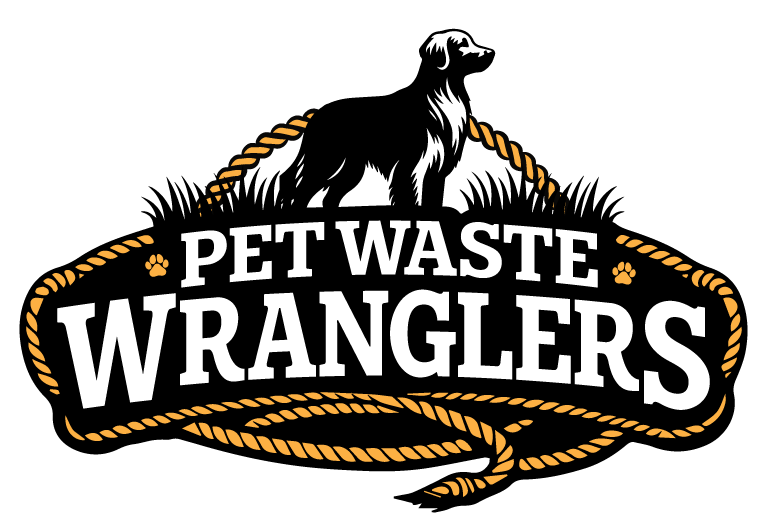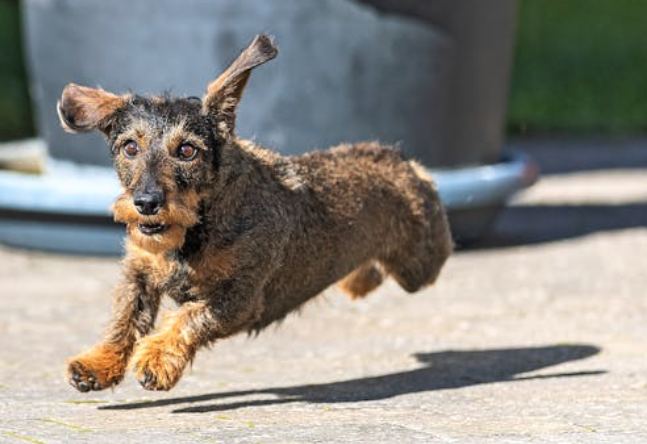Most responsible dog owners know the basics: grab the scoop or a bag, pick up the poop, and toss it in the trash. Job done, right? Not quite.
What many people don’t realize is that picking up the visible mess is only half the battle. Even when the poop is gone, harmful microorganisms can linger—and those invisible hitchhikers can create serious health risks for your pets, your family, and even your neighbors.
What’s Left Behind (Even After You Scoop)
Dog waste isn’t just gross—it’s a breeding ground for bacteria, parasites, and viruses. Here are a few of the most common culprits:
- E. coli and Salmonella: These bacteria can survive in soil and on surfaces for days or even weeks, increasing the risk of illness.
- Parasite Eggs (like roundworms): These microscopic eggs can remain in the ground for years, posing a hidden danger to both pets and humans—especially curious kids who play in the yard.
- Giardia & Other Pathogens: These tiny organisms can linger in damp grass and can be transmitted to other animals through simple contact.
Scooping removes the visible waste, but the microscopic leftovers stay behind unless you sanitize.
Why Sanitizing Matters
Regular sanitizing after scooping dramatically reduces these hidden risks. It:
- Protects Your Family’s Health: Keeps harmful bacteria from spreading to hands, shoes, or toys.
- Keeps Pets Safer: Prevents re-infection from parasites that thrive in contaminated soil.
- Stops Odors at the Source: Bacteria cause that unmistakable “dog yard” smell; sanitizing helps break it down.
How to Properly Sanitize Your Yard
Choose the Right Product: Use a pet-safe disinfectant specifically formulated for lawns and outdoor surfaces. Avoid harsh chemicals like bleach that can damage grass and harm pets.
Focus on High-Traffic Areas: Pay extra attention to places where dogs frequently relieve themselves or where kids and pets play.
Create a Routine: Sanitizing once a week (or more in heavily used areas) keeps bacteria levels low and your yard safer year-round.
The Bottom Line
Scooping dog poop is a great start—but it’s not the finish line. The real key to a healthy yard is making sanitizing part of your routine. By taking this extra step, you’re not just keeping your lawn clean—you’re protecting the people and pets you care about most.


